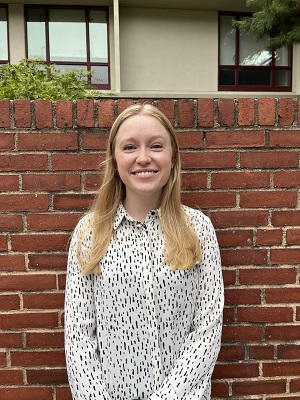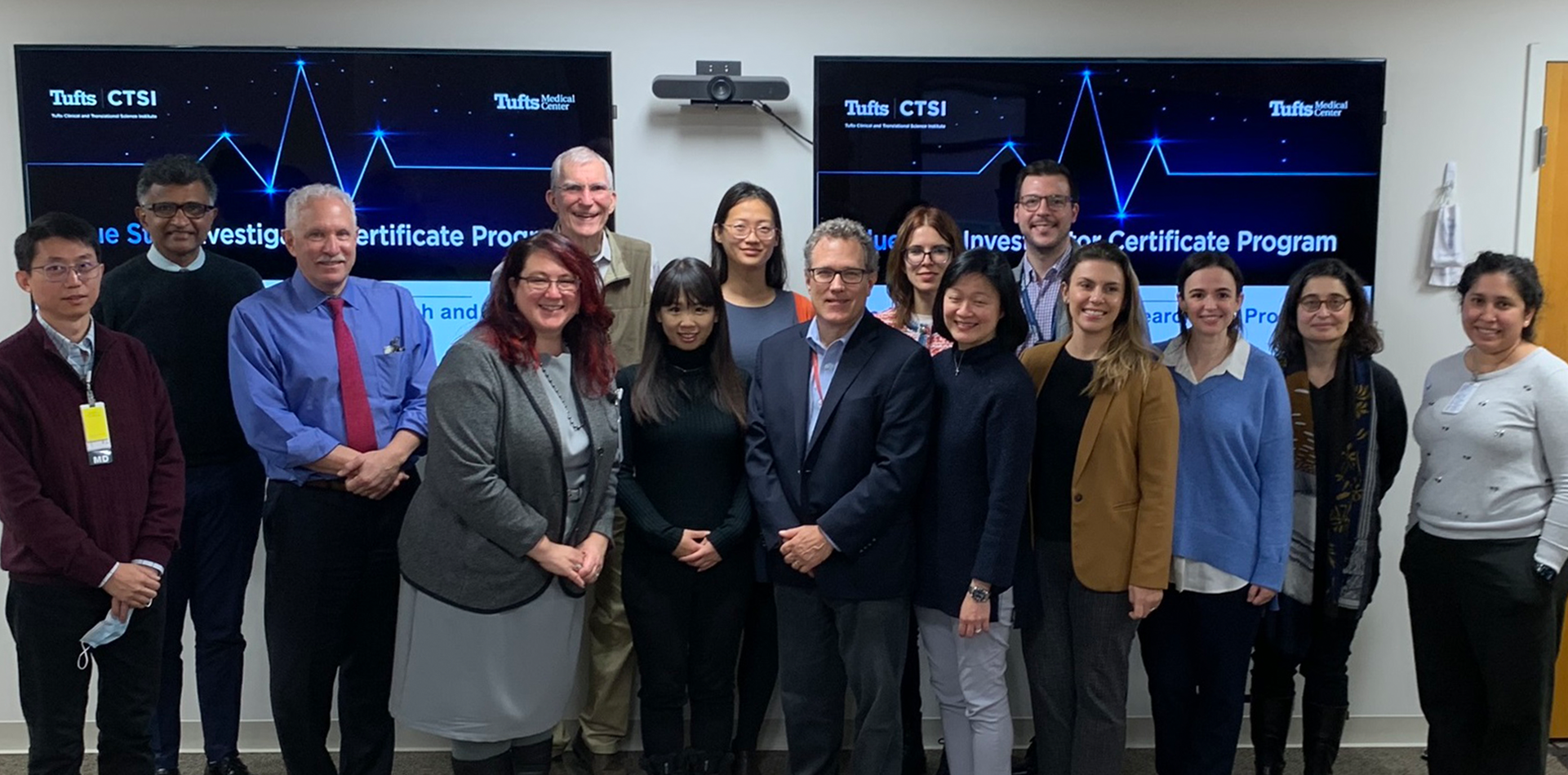For Alison Sullivan, MD, MS, the Clinical and Translational Science (CTS) Graduate Program at the Tufts Graduate School of Biomedical Sciences was the perfect way to marry her passion for emergency medicine with her blossoming interest in research. Shortly after completing her residency in 2011, she enrolled in the CTS Master’s Program at the urging of her Baystate Medical Center mentor Timothy J. Mader, MD and her Department Chair, Niels K. Rathlev, MD.
“Research in emergency medicine is developing, and there was interest at Baystate in increasing emergency medicine research,” says Dr. Sullivan.
Dr. Mader contacted CTS Graduate Program Director David M. Kent, MD, MSc to determine whether it would be possible for Dr. Sullivan to attend classes despite being 90 miles away.
“I was very interested in the courses and decided to make a go of it,” Dr. Sullivan says. Through a combination of in-person and distance learning – with a brief hiatus for the birth of her daughter in May 2012 – she made it work.
“It was a pleasure to have Dr. Sullivan in our program. She brought a wealth of clinical experience and we were delighted to provide her with methods-training and mentorship to address an important clinical issue,” says Dr. Kent. “It was especially gratifying that we were able to do this across institutions; that Dr. Sullivan was able to fully participate despite the physical distance; and that she gained from, and contributed to, the research of her peers.”
Dr. Sullivan found her research training to be invaluable. “Over the last couple of years, I’ve learned an immense amount about how to form important study questions and answer them in the most efficient manner,” she says.
While enrolled in the program, Dr. Sullivan developed an interest in whether certain categories of Acute Coronary Syndrome (ACS) patients experienced delays in Emergency Medical Services (EMS) care. She was already aware that women, older individuals, minorities, people with atypical symptoms, those with diabetes, those without a history of cardiovascular disease (CVD), and those who have ACS events on weekends or during overnight hours have delays in ACS hospital care. ACS is a major cause of death in the U.S., and Dr. Sullivan thought reducing EMS treatment delays would improve patient outcomes. She began a retrospective study examining data from the nationwide Immediate Myocardial Metabolic Enhancement During Initial Assessment and Treatment in Emergency care (IMMEDIATE) Trial (a project spearheaded by Tufts CTSI Dean and Principal Investigator Harry P. Selker, MD, MSPH that studied the use of intravenous glucose, insulin, and potassium delivered by paramedics to reduce mortality from ACS and infarction).
Dr. Sullivan analyzed a series of time intervals from the onset of ACS symptoms to in-hospital balloon inflation (angioplasty) and looked at characteristics such as age, race/ethnicity, day of the week, time of day, history of CVD and diabetes, and reported chest pain. At nearly every interval, she found gender- and age-associated delays.
“The delays at each stage add up,” she says. In total, it took about 30 minutes longer for women to be treated. She found a similar cumulative effect for people over age 65 when compared with the treatment of people under age 55: a time difference of about 20 minutes. These longer treatment times for women and elders may impact their morbidity and mortality.
“There are probably multiple contributing factors,” says Dr. Sullivan. “Knowing the delays are there is an important first step in being able to reduce them.”
Dr. Sullivan presented her findings at the Tufts CTSI Clinical and Translational Graduate Program Symposium on May 3, 2013. Later that month, she graduated with her MS degree. She won’t be slowing down anytime soon – she has already submitted an article to a journal, and this summer she will start a new job in the Emergency Department at Fletcher Allen Health Care in Burlington, Vermont.
She says, “I feel like I’ve gotten off to a great start in my research career thanks to the Clinical and Translational Science Graduate Program and Tufts CTSI.”



